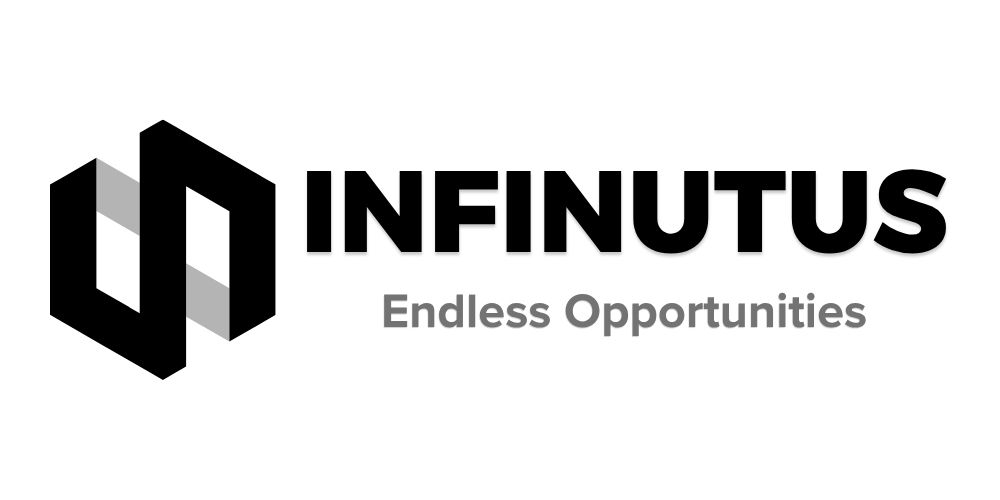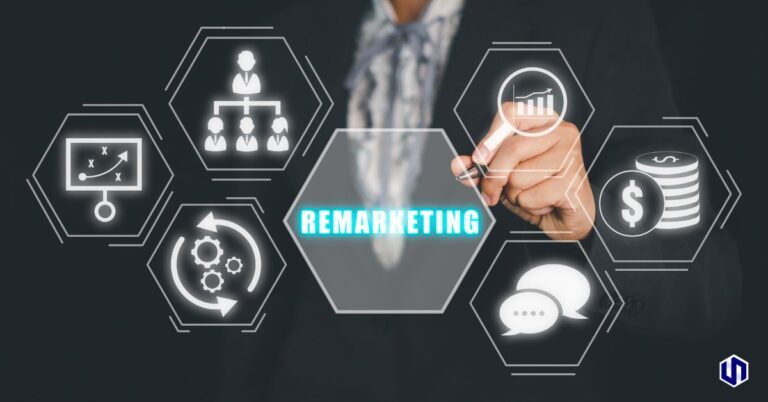
Avoid These Common Enterprise SEO Mistakes to Boost Your Site’s Performance
Enterprise SEO mistakes are common but avoidable with proactive planning and continuous improvement. From optimizing mobile experience to refining internal links, avoiding these pitfalls will enhance your site’s visibility, user experience, and, ultimately, its search engine rankings.




